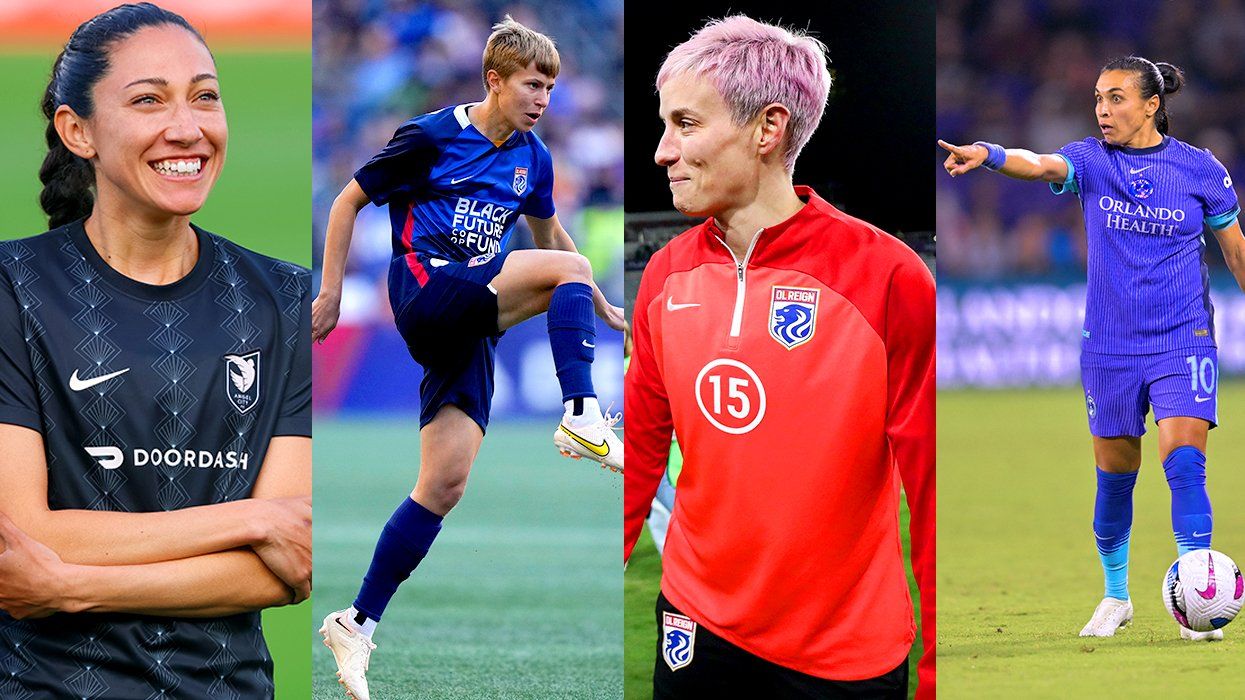Long before she was the “it” girl gracing the provocative poster of The Girl With a Dragon Tattoo, actress Rooney Mara was a little known actress that filmmakers Francesca Gregorini (pictured left) and Tatiana Von Furstenberg (pictured right) plucked for their first feature film, Tanner Hall. Hitting theaters last Friday, Tanner Hall is a different kind of teen movie — more of a family drama set in a New England boarding school, centered around four disparate teenage girls, each dealing with her own burgeoning sexuality and personal baggage. The girls (Fernanda, Kate, Lucasta and Victoria) each offer something to LGBT viewers, especially Lucasta who finds herself attracted to someone completely unexpected. Von Furstenberg and Gregorini —best friends (one gay, one straight) from their college days in Rhode Island — sat down to chat about the film the morning after its debut.
You sound exhausted. Are you operating on three hours of sleep?
Von Furstenberg: We’re operating on three hours of sleep and also we’re operating on very little adrenaline because it’s so stressful when you put yourself out there like we did with the movie. And even with the event last night, it was super well attended but at the same time we were the ones who were [doing everything]. It’s stressful.
This film has been a long time coming for you. The film originally hit festivals in 2009.
Von Furstenberg: Yeah, that was like our first little bit of validation was that we were accepted in competition at Toronto, and that was the first time anybody outside of our close group of friends, who of course were proud of us, and who of course responded to it. It was like the first time that we suspected that some people in an audience would at some point like it.
Did you realize it would take this long to get to a wider theatrical release?
Von Furstenberg: I think we’re really happy about that, because we didn’t have a studio and we didn’t have a production company and our investor was very supportive of us. We didn’t have to deliver by a certain date. We had patience, and in the end it really worked out because we always had a commercial film but we didn’t have a star in our leading role and the fact that we were able to take time and not jump on the first offer and not close on the first deal and hang to our equity. We waited for Rooney to become a star I guess, or to certainly get the role of The Girl With the Dragon Tattoo, so it worked out for us. It wasn’t frustrating, it was super deliberate actually.
A number of your cast have gone on to do great things. Most were really unknown when you cast them in the film.
Gregorini: I think Rooney had just done maybe one guest starring part on some TV show so…we had the good fortune that we could really cast everyone that was just right for the role. We really took our time on casting; I think that’s one of the things I’m most proud of. As directors, I think if you get the casting right, then really its so much easier.
More on next page...
\\\
(continued)
What about Rooney really struck you as right for this role?
Gregorini: She has a dignity about her and courageousness and she’s not like a showman. She didn’t come into the audition and try to wow us with this performance. She just really embodied the character. She’s quite reserved; she gives you just enough that you want more from her. She’s one of those performances that makes you kind of lean in and I think that just really works well on film. She’s just incredibly talented and just very nuanced in her in her performance
Do you think being female filmmakers helped direct these young actresses?
Gregorini: One thousand percent. I think they looked up to us just because of the age difference and they looked up to us because of our friendships. I think there’s just an inherent trust in there, because we were all women. They would sort of go places for us that they would probably wouldn’t with a male director. It’s just a different dynamic. The fact that we were female directors I think really helped with the girls, in terms of getting their trust and them wanting them to do well for us and impress us, which they all really did.
Did you two both go to private schools or boarding schools all your life?
Gregorini: Yes we did. Actually our, most of our experiences, all of mine, and I think most all of Tatiana’s were in boarding schools in England. I think you’ll notice in the film that it has this feeling that — and we did that deliberately — that it could be set in New England, but that it really it could be at any place in any time. We made a effort to make it kind of folkloric in that sense.
The film has a real ethereal quality to it — the timeframe is never really clear. That was intentional?
Gregorini: Yes it was. We wanted it to be a fairytale of sorts. We just felt like if we if we intentionally had furniture and hairstyle and cars from all different decades, part of the hope was that you could connect to it no matter what age you. I think for the for the teens they connect to it because it’s dealing with all issues that they’re going through and I think for the older crew, I think it’s nostalgic.
I think the film the soundtrack lends a little bit to that as well it’s not really quite rooted in a time or style.
Von Furstenberg: That’s what we were trying to do. We wanted it to be organic and have it have a weight to it. Francesca and I agreed on costumes. We were going to have it be resourceful and frugal and have the wardrobe represent many decades so that it’s a way of communicating your individuality. [Their fashion] is not materialism, you can’t buy an identity — it has to come from within. There’s a truthfulness to real life that you don’t see in the movies. In the actual score we used instruments you don’t typically hear, folkloric ones like banjos and ukulele and…bands from the ‘80s but then we had Freelance Whales and A Fine Frenzy of Stars. That is what a lived-in world feels like. You don’t just throw away everything, you build on things and you incorporate. Everything is a bouquet … you just keep including things that you’re truly connected to.
What teen movie clichés did you want to make sure you stayed away from in the film?
Von Furstenberg: Oh, for me as a mother, any talking back to your mother. First of all, the materialism that is part of teen culture. Then the sarcasm that they use towards one another is so boilerplate and cheap. It’s so dumbed-down the relationships that they have with their parents.
Gregorini: We wanted to make an artful and poetic movie about teens for teens because… when you become a teen that is the most poetic time in your life. So we wanted to make a movie about that time that has hopefully some poetry and artistry to it as well as humor and everything else. I think that was our intention. And also for it to not have moral judgment. At that time in your life it’s okay to make those mistakes because that is the time to make them and that is the time to sort of define yourself and figure out where you sit on certain things.
More on next page...
\\\
(continued)
There’s a little bit of strain in the mother/daughter relationships in the film.
Gregorini: The portrayals of the mothers are definitely not autobiographical. I would just like to put that out sure. I think that is what happens. It’s like you have to pull away from your mother and define yourself, and your friends become your family, and that’s just the natural process.
Von Furstenberg: Yeah, and listen, the second I gave birth I had more love for my mother. But honestly if I had one criticism of the film…it’s that the character of Victoria’s mother is kind of one note. And that’s just because it was an ensemble cast we couldn’t possibly flesh everyone out. I actually like the relationship between Fernanda and her mother, that “silence is what we share.” I think there’s something to that. There’s a reassurance to that; you just you just can be together. A mother has to accept that and a child does too.
That’s something that is probably universal for teenagers though boarding school must intensify that.
Von Furstenberg: I think that it’s really healthy. The good thing about going to boarding school is that you don’t have to rebel against your family. You don’t have to fight against…your family dynamic. You get to define yourself as an individual outside of your family dynamic sooner than you would if you didn’t go to boarding school.
Do you send your daughter to boarding school?
Von Furstenberg: She’s 11; she’s dying to go. If I can keep her at home through eighth grade I’ll be lucky. She goes on YouTube and watches promotional videos for boarding schools in England.
In popular culture perspectives of boarding school is the place where parents send their kids to get rid of them rather than it’s the place that kids can’t wait to go.
Von Furstenberg: Yeah, but I think it’s the place where I think of independence and autonomy. In Europe it’s certainly more commonplace and it’s just not for the elite. It’s not expensive. I actually think it’s kind of good.
Gregorini: In fact there are a couple of daughters of friends of Tatiana’s that have actually gone to boarding school I think in large part because of Tanner Hall. I’m sure there’s going to be an influx of like girls wanting to go to boarding school after seeing Tanner Hall — at least that’s been our experience in sort of our inner circle.
Von Furstenberg: I loved it. I loved getting away. My brother and me are 11 months apart and just the sibling rivalry. I mean we adore each other but just being compared to one another. When I went to England I literally was in a rundown castle not totally unlike Tanner Hall and there were twenty metal old beds in a ward and I literally woke up that morning and looked at the fog in the horizon and thought that I had died and woken up in a movie. That’s how it felt… that I’d gone back in time. The most that Francesca and I can hope for is that we inspire, and like she said, we did try to make an artful movie but we did try to make it commercial and we did try to explore adolescent complexity. And if we can inspire and have some of the decision that we made, the deliberate decisions to be truthful in the world that we create and not submitting to trends … and maybe to have it resonate that you can tap into your internal strength of character to eventually make the right decision or find out what feels right to you then that is the most that you can hope for.
Tatiana, I read somewhere you actually started Brown when you were 16 years old. Well that sounds overwhelming to me.
Gregorini: She’s a bright one.
Von Furstenberg: Well it was a little bit overwhelming. Sixth grade is when I really had to make a decision and I had to break up with one of my grooviest, funnest friends because half of me was playful and mischievous and bad and rebellious but the other half, the part that actually nourished me and sustained me, wasn’t. And I broke up with that friend and I lost a lot of cool factor and a lot of entourage by doing that, and that was in the sixth grade, which is where my daughter is right now. But I did that and I really just focused — I tunnel-visioned into my academics because that’s actually what made me feel good about myself. I felt so heard and I felt so validated and I felt so good about myself and then I skipped seventh grade and went to eighth and I just continued on that path and it was the best decision that I could have ever made, because in sixth grade, for me, it could have gone either way.
Those are hard decisions to make when you’re in middle school.
Von Furstenberg: It took so much discipline. But I just knew that that the other thing made me feel bad. It was fun but it was cheap fun and yet and it made me feel bad and I was getting caught up in drama and pain and just gossip and it just wasn’t good. That year was the year that changed me.
Chris Katan and Amy Sedaris have a hilariously bad sex scene in the film that it made me cringe all over the place. That has to go down as one of the best bad sex scenes. Who came up with the counterclockwise line from that scene?
Gregorini: Oh gosh who knows?
Von Furstenberg: Who knows?
Gregorini: That’s not a personal experience.
Von Furstenberg: We have never been to therapy for visualization help. The thing is... I mean, when you have dorm parents that are living on your floor. It’s just so ridiculous. the whole situation is so ridiculous.
More on next page...
\\\
(continued)
You have famous mothers (Furstenberg’s mother is the famous designer, Diana, and Gregorini’s mother is actress Barbara Bach). How has that affected your work?
Von Furstenberg: I learned a lot from my mom. Honestly, when Francesca pushed me into doing this she didn’t have the foresight of what an enormous undertaking it would be. I did and I was petrified. Once we started having to make executive decisions and not reviewing them, once they’re decided you move forward, you live with it and stand by it. And I think I learned that from watching my mom for sure. It had never been awoken in me before ever, but once I was called to action it was totally there.
Gregorini: Yeah, I think it’s genetically in her DNA, like the mogul and the CEO. With my mom, who’s an actress, I definitely spent a lot of time on set as a child and I think definitely part of that magic all these people coming together to make something up is definitely something that stuck with me.
With Tanner Hall in theatres, what’s next for you two? Can you just tell me a little bit about your upcoming projects?
Gregorini: I’m in preproduction right now on a psychological suspense film that I wrote called Emanuel and the Truth About Fishes that’s also going to be starring Rooney Mara. So that’s definitely going to have my full attention for probably the next couple of years because that’s how long these things go for.
Von Furstenberg: And I really enjoyed preproduction. I really like casting and location scouting and I like envisioning things and then being able to manifest them and so I’m actually, in twenty minutes, going to be meeting with an agent who’s interested in representing me for commercials. And then I have a narrative that I’m writing and I’m writing a script but I’m in no hurry to jump on that. Now that I know that something like that gestates over two years, at least, I’m going to make sure that it’s a story that I want to commit to for that long.
So technically one of you is a princess and one of you is a countess. Are those just silly little titles to you or do they have practical meaning in your lives?
Von Furstenberg: I had a very European childhood. I have a very warm big beautiful aesthetic-inspiring family in Italy. And on my grandmother’s side, and I’m very much like her — the whimsical murals on her walls and the ornaments on the tables are made out of blown sugar instead of Venetian glass. It was old world and it was super European, and then on my dad's father’s side we have this house in Austria, a hunting lodge, and it’s very run down and very old, but you can really live, you can really see how aristocratic sportsmanship [is]. When I was little, if I went to Italy [they’d greet me as a princess]. You know what I mean? So it’s been part of my auditory reference. It’s been a long time — since my grandparents are gone and my father’s gone now — so it’s been awhile since I’ve had that connection to Europe, but it was definitely a part of my childhood for sure.
Gregorini: I think it was much more a part of Tatiana’s childhood than it was mine. I mean my dad’s a count and he has the ring, and then the joke between she and I is she has twelve balls on her crown and I only have nine. But I was definitely never referred to as countess except by my friends when they’re taking the mickey out of me. In fact, like one of my friends ordered a license plate for my car and it starts with a “c," like for countess. It’s like that kind of teasing — but it’s it doesn’t really play a role.
Von Furstenberg: I have nothing like that. It has no value now. My daughter’s last name is Steinberg so if it was important to me I probably would have given her my last name.
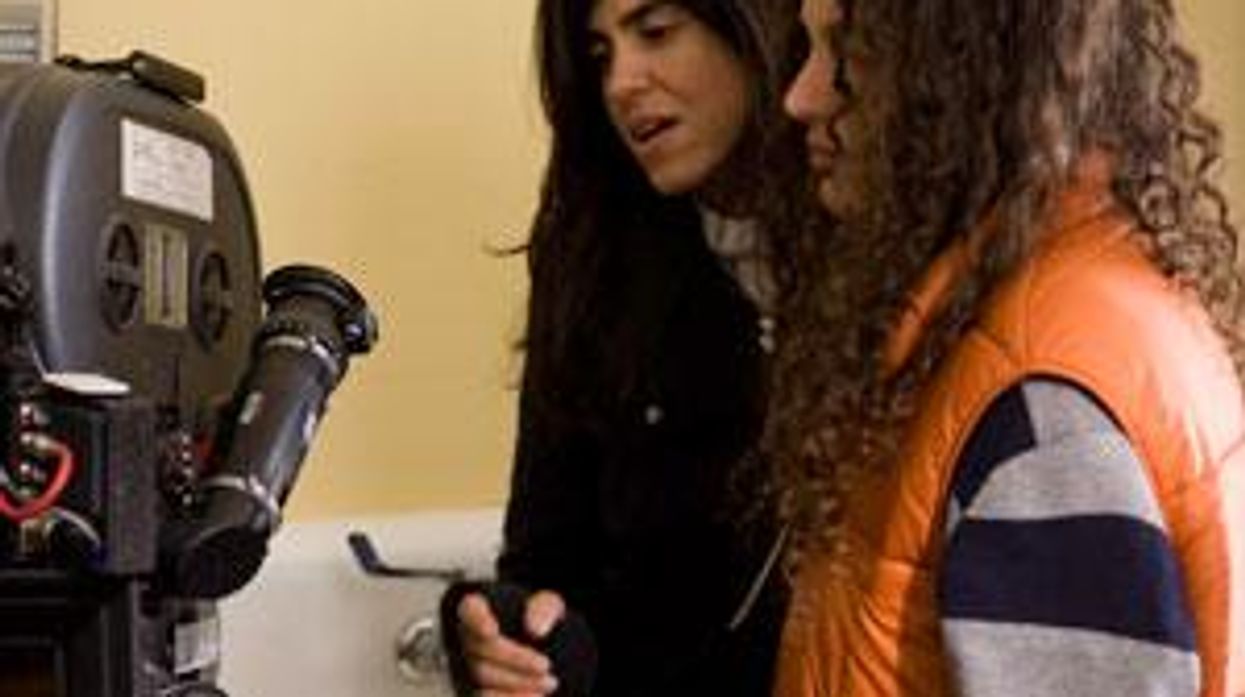



















































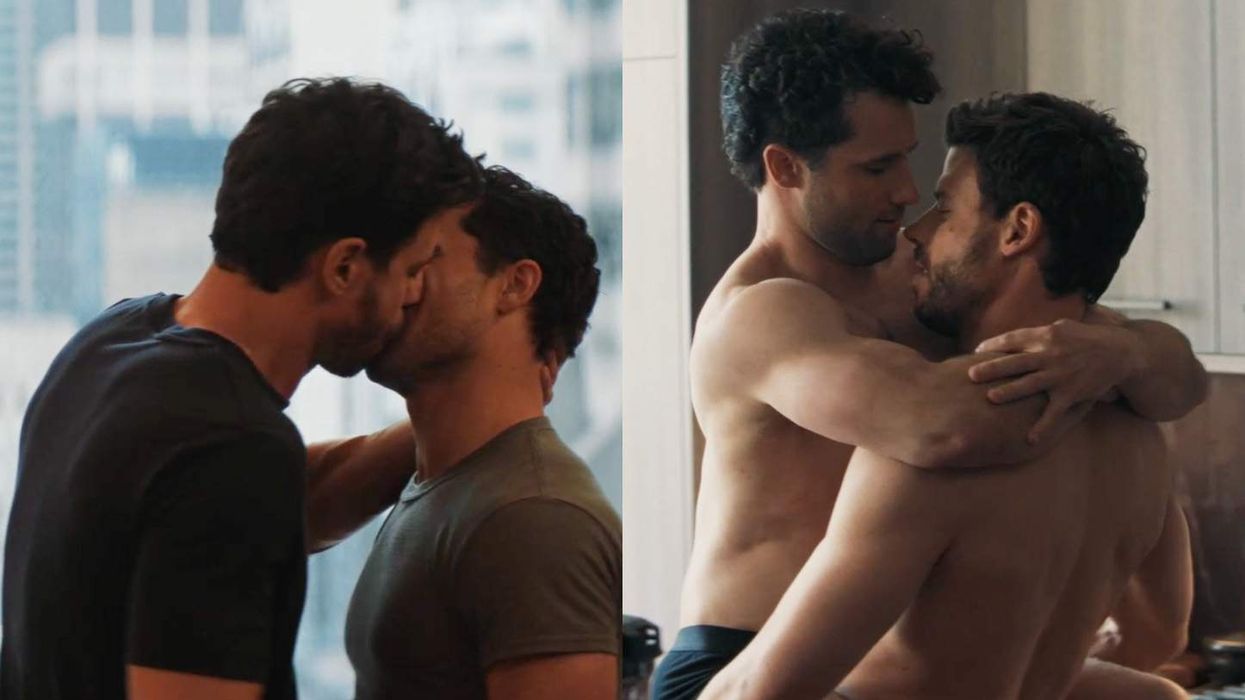


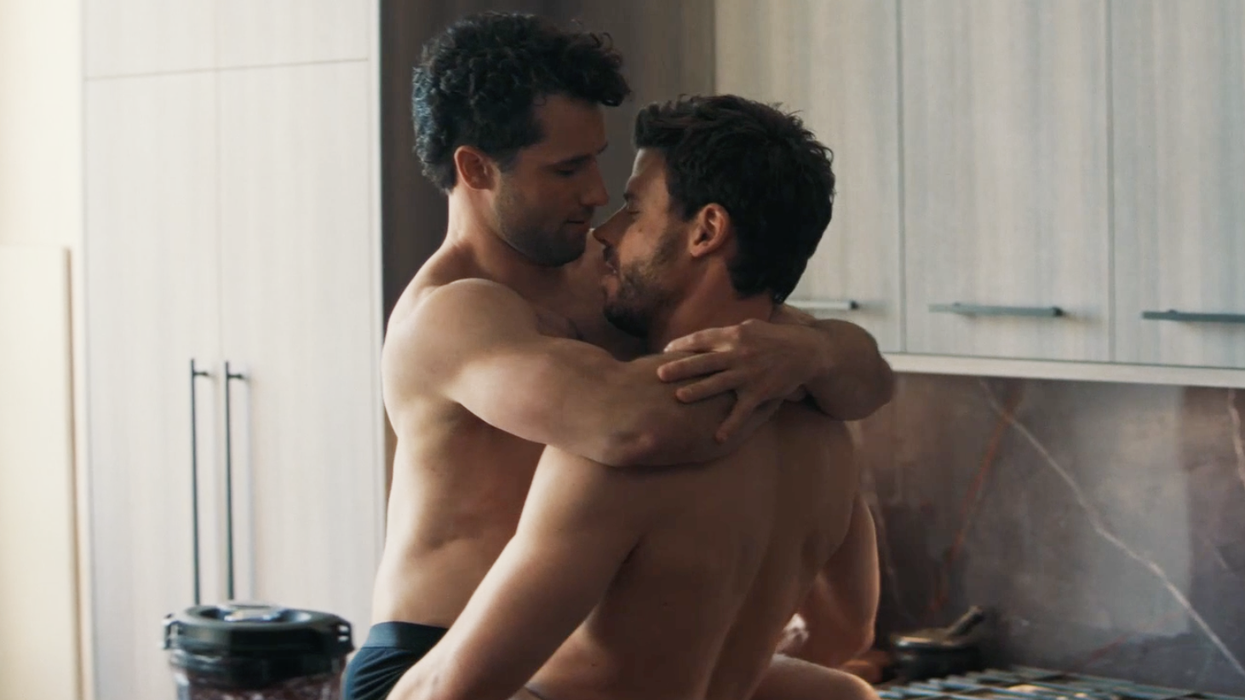
































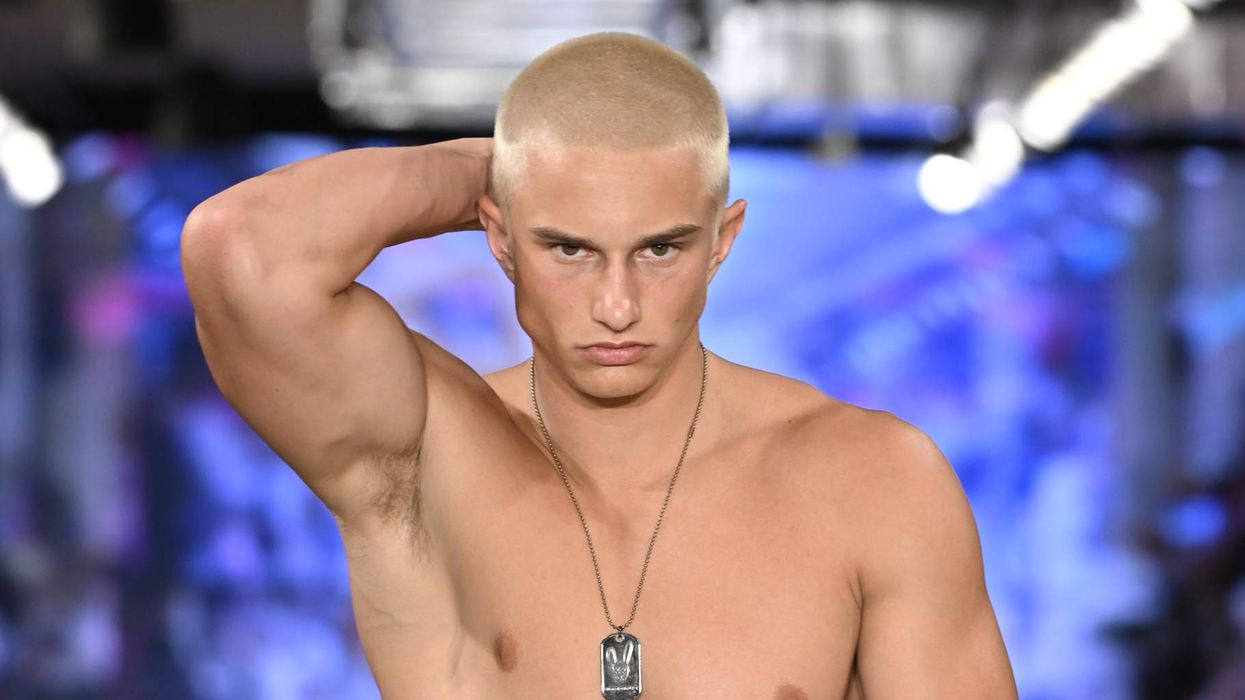

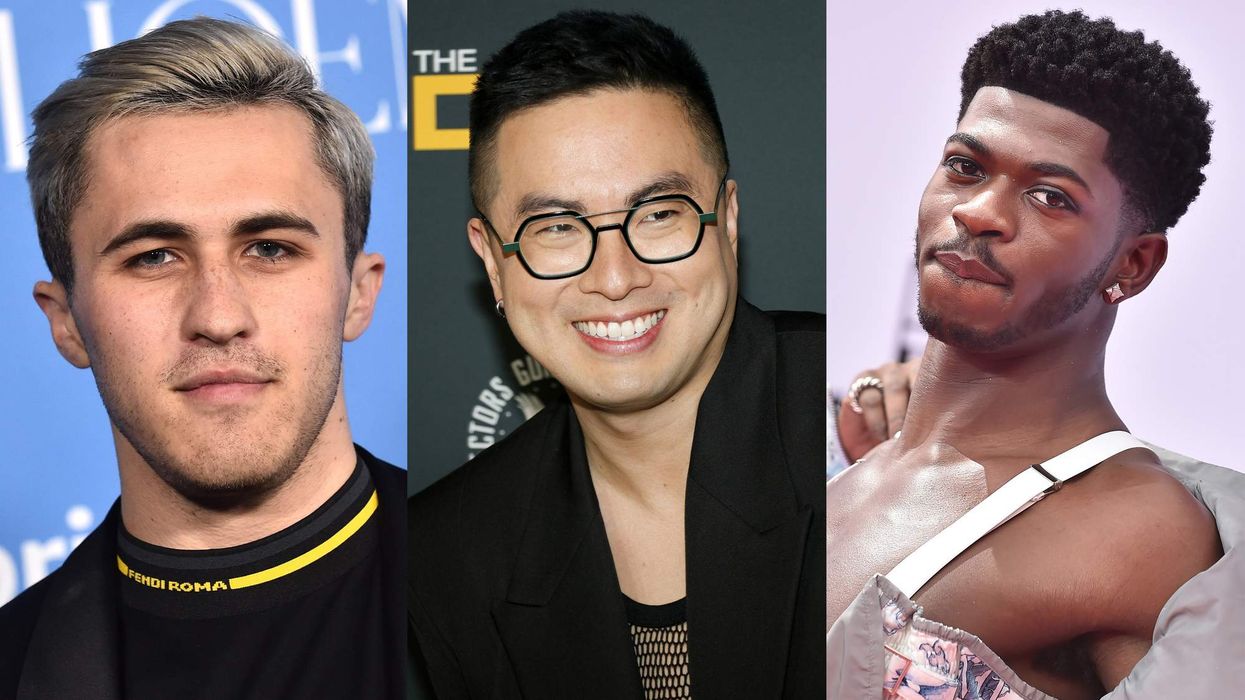
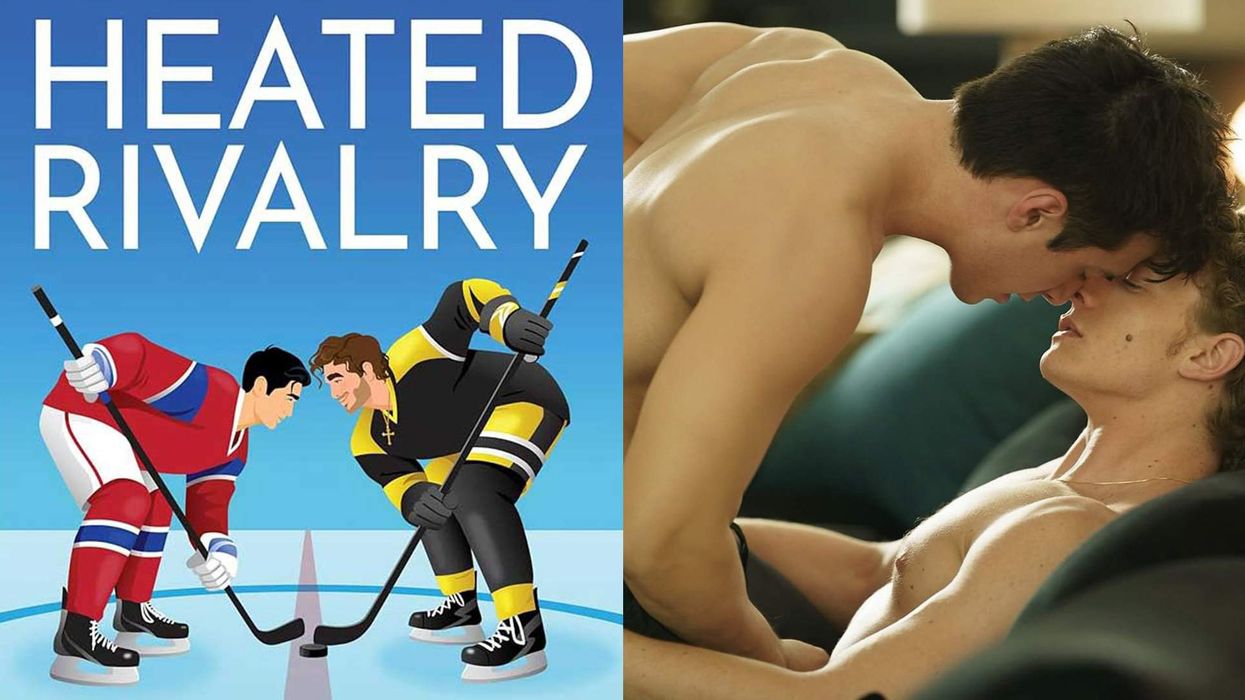

 Cindy Ord/Getty Images
Cindy Ord/Getty Images
























